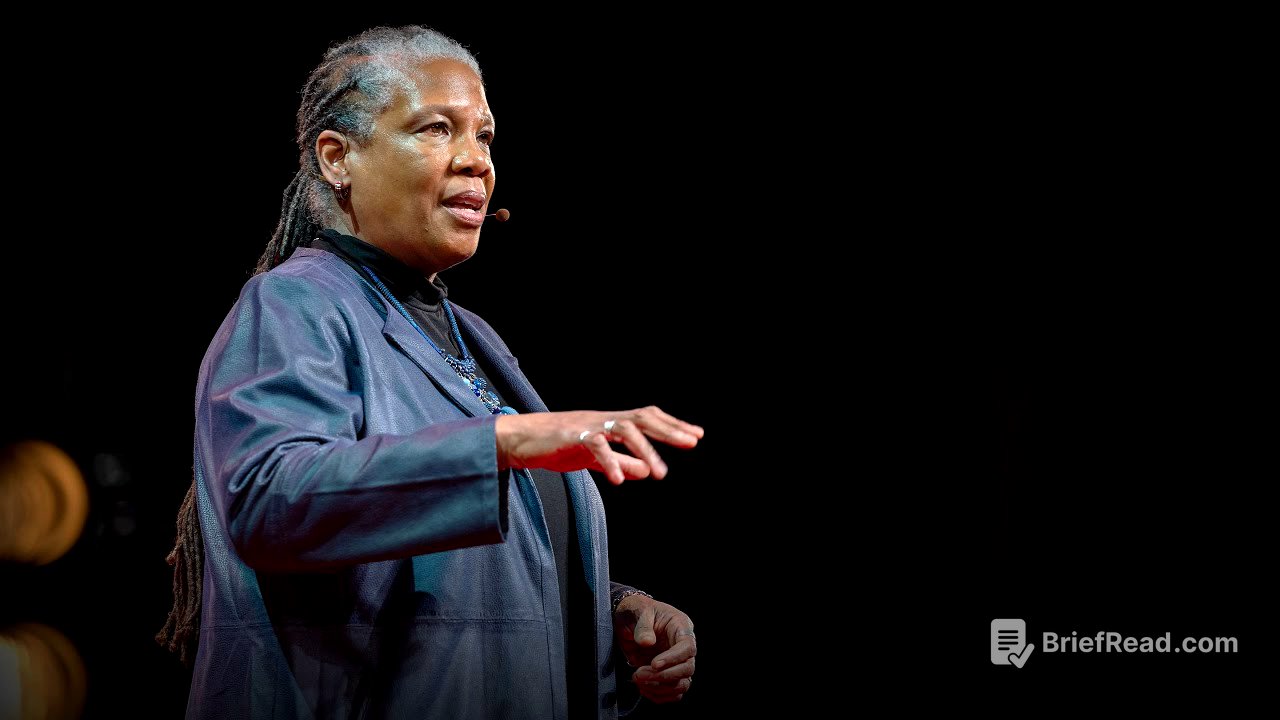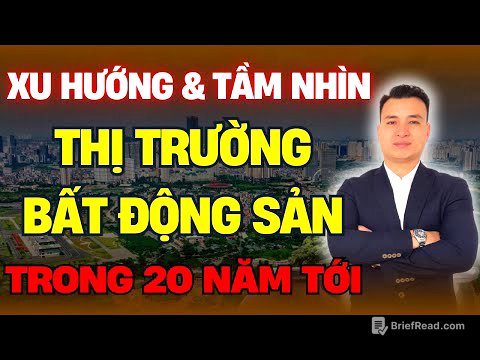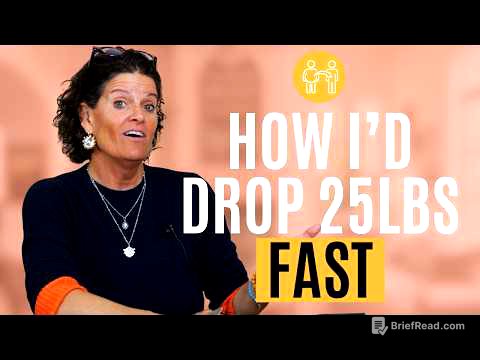TLDR;
This TED Talk addresses the shortcomings of the current public education system, particularly its failure to cultivate future leaders and address racial inequities. It advocates for a shift towards project-based learning, which fosters critical thinking, problem-solving, and student engagement. The speaker shares examples of how this approach can be implemented across different grade levels, and proposes reallocating resources from standardised testing to teacher development and authentic assessment methods. The talk emphasises the importance of embedding racial equity in schools and calls for political will to transform education into a force for freedom.
- The current education system often stifles student voice and critical thinking.
- Project-based learning can foster student engagement and develop essential skills.
- Reallocating resources from standardised tests to teacher development is crucial.
- Embedding racial equity in schools is essential for creating inclusive learning environments.
Introduction: A Glimpse into the Future of Education [0:04]
The speaker introduces a class of fifth-grade students at Boze Elementary School who are planning to colonise Alpha Centauri. This project requires them to consider governance, necessities, ethics, and roles within a functioning community. The students are tasked with delivering a persuasive essay, a 30-second elevator speech, a diorama model of the spacecraft, a system of government, and a research display about planets. This project-based learning approach contrasts sharply with traditional schooling methods.
The Problem with Traditional Schooling [1:54]
The speaker contrasts the engaging project with her own experience of traditional schooling, where students sit passively and fear being called upon. She argues that the current system fails to cultivate future leaders and often marginalises students of colour. The emphasis on textbooks, scripted curricula, and standardised tests leaves little room for student voice, exploration, and intellectual risk-taking, resulting in students lacking the autonomous spirit needed in the workplace.
Reimagining Public Education [4:33]
The speaker discusses her work with a non-profit organisation focused on rebuilding public schools to develop the genius in every student. Their approach involves creating collaborative, anti-racist learning environments grounded in equity, where students actively participate in their own education. This includes interdisciplinary project-based learning, which allows teachers to understand individual learning styles, assess knowledge in multiple ways, and adjust instruction accordingly.
Project-Based Learning in Action [6:46]
The speaker revisits the fifth-grade Alpha Centauri project, highlighting how students discuss Native American history and vow to create a more equitable society on their new planet. Other students work on calculating spacecraft capacity and conducting planet research. Visiting engineers and museum trips provide authentic context to their learning. The culmination of the project is an exhibition of learning, where students present their work to the community, fostering confidence and accomplishment.
Extending Project-Based Learning Across Grade Levels [10:41]
The speaker explains how project-based learning is implemented across different grade levels in their partner schools. In kindergarten, students are encouraged to share their views and support each other. Middle school students explore social issues like world hunger and immigration, creating immigration museums and cookbooks to learn about different cultures. High school students address a wide range of issues, such as creating wearable technology for sickle-cell anemia and developing plans for equitable urban neighbourhoods.
Call to Action: Rebuilding Public Education [12:55]
The speaker calls for a continuous cycle of recognising, undoing, and replacing institutional practices that harm children. She proposes reallocating funds from standardised tests to teacher professional development and creating a national effort to curate authentic assessment methods. She also emphasises the need to embed racial equity in schools, normalising it as part of the daily practice of educators. The speaker concludes by stating that education should be an instrument of freedom, requiring political will to achieve this transformation.









